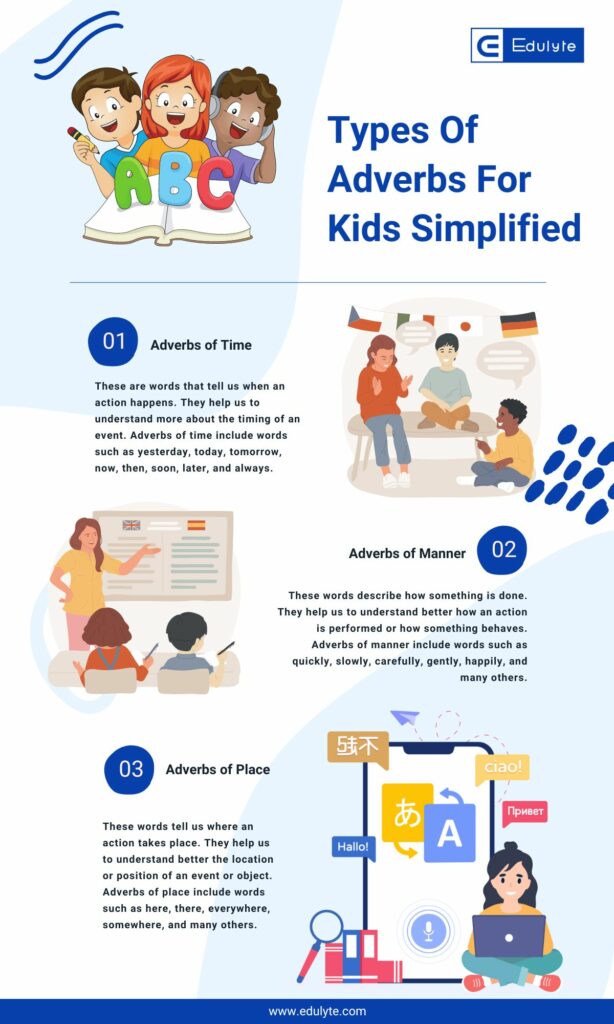
Subjective Case
Phonetics:
səbˈdʒektɪv
keɪs
Pronunciation:
Unleashing the Power of the Subjective Case
Comprehensive Definition, Description, Examples & Rules
Introduction
Subjective case is a case in English that is used for nouns and pronouns in some conditions. When a noun or pronoun functions as:
- A subject complement
- Subject of clause
- Appositive to a subject
Subjective Case Definition:
A subjective case is defined as a case that can be used for a noun or pronoun which acts or functions as a subject in a sentence. In English grammar, subjective cases can be used in different conditions. Here is how nouns and pronouns use a subjective case in a sentence:
“The girl eats an apple”
Here, the noun “girl” is a subject here for the verb “eats”. Girl is a subjective case, nouns do not change different cases while pronouns do.
Subjective Noun:
Subjective nouns are sometimes defined as nominative nouns that are either subjects in a sentence or predicate nouns that follow a be verb and will rename the main subject. These are easy to identify in a sentence. For instance,
- She eats a cake.
- Here eats is a noun acting as subject.
Subjective Case Pronouns:
Subjective case pronouns or subject pronouns are used to replace a noun. It acts as a subject in a sentence and is placed in the first part of the sentence. The subject pronoun takes the place of the subject in English such as I, He, She, You, They, We, etc.
Such as
- They will be playing semi-finals in India.
- Here, “They” is a subject.
Examples of the Subjective Case:
Here is a list of some example of subjective case:
“Rahul’s table reminds me of Arthur’s court.”
Here, the table is a noun functioning as a subject noun that is performing the action.
“We visit the park every Sunday.”
Here, we are the subject pronoun that is performing the action in a sentence.
“President and I will be having a coffee at 5.”
Here, President and I are nouns or pronouns that act or function as a subject or subject complement in the sentence.
Subjective Case vs. Objective Case:
Both objective cases and subjective cases are different in English.
- The objective case refers to the case of a noun and pronoun in English that is acting or functioning as the object of a transitive verb.
- While subjective case refers to a case of noun or pronoun in English that is acting or functioning as a subject in a sentence.
- The objective case is used for objects of preposition or indirect objects. While a subjective case.
- The subjective case is used for nouns and pronouns that are subject-verbs.
Subjective Case in Verb Agreement:
In subjective case verb agreement, the verb must agree with subjects used in a sentence in numbers or in person i.e. 1st person, second person, or third person. Both subjects and verbs must agree in numbers.
For instance, The boxes of pancake mix are on the upper shelf.
Here, “are ” is a verb, the prepositional phrase is ” above”.
Common Mistakes and Pitfalls:
When using the subjective case, here are some of the common mistakes:
- Confusing between subject noun and object pronoun.
- Using the wrong case after a preposition.
- Using possessive pronouns in a sentence rather than using contractions.
Tips to avoid these mistakes:
- Make sure you understand the difference between subject nouns and object pronouns.
- Understanding the difference between subjective case and objective case.

Transform Your English Skills
Free sign-up for a personalised dashboard, learning tools, and unlimited possibilities!
Sign up Now
Key Takeaways
- The subjective case is used as a case for a noun or pronoun where it acts as a subject in a sentence.
- Noun case does not change forms while pronoun case changes forms
- There is a difference between the objective case and the subjective case where the noun is subject and the pronoun is objective.
- Common mistakes for using a subjective case are confusion in object and subject.
Quiz
Question comes here
Frequently Asked Questions
Pronoun cases change their form in a sentence depending on the case or situation. For instance, I saw a Bull toll. The bull saw me, are two different forms.
A subjective case in a sentence is included when it has a subject complement which is a word that modifies the subject in a sentence while completing the verb meaning.
For instance, ” The sky lounge is pure, lazy blue over the water. ” Here, a subject noun is sky performing the action.
If you use the wrong subject case it does not mean the same thing, it changes the meaning even if you are trying to convey a specified meaning.
If the subject in the sentence is singular, the verb that is used to describe its action in a sentence should also be singular. Similarly, If the subject in the sentence is plural, the verb that is used to describe its action in a sentence should also be plural.


